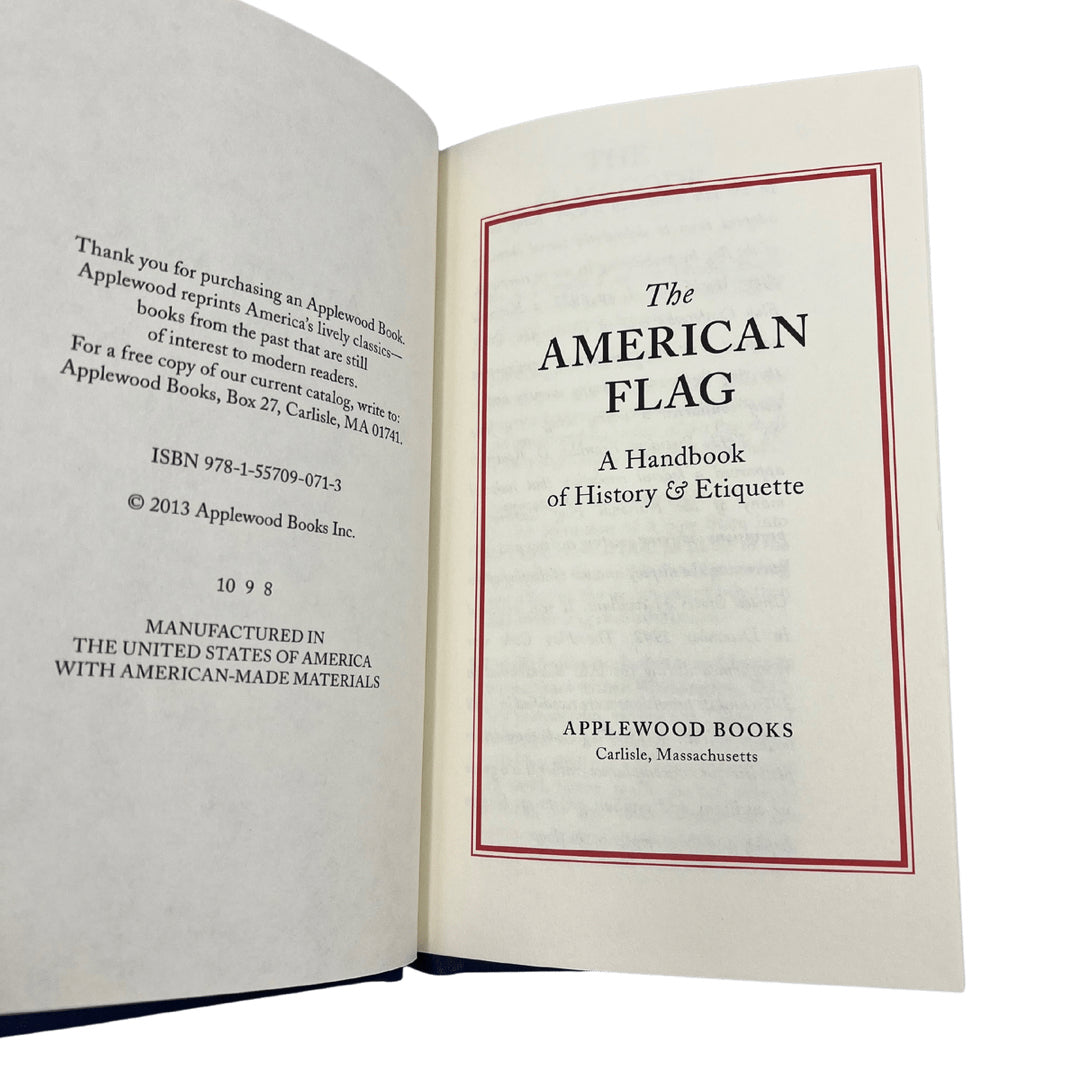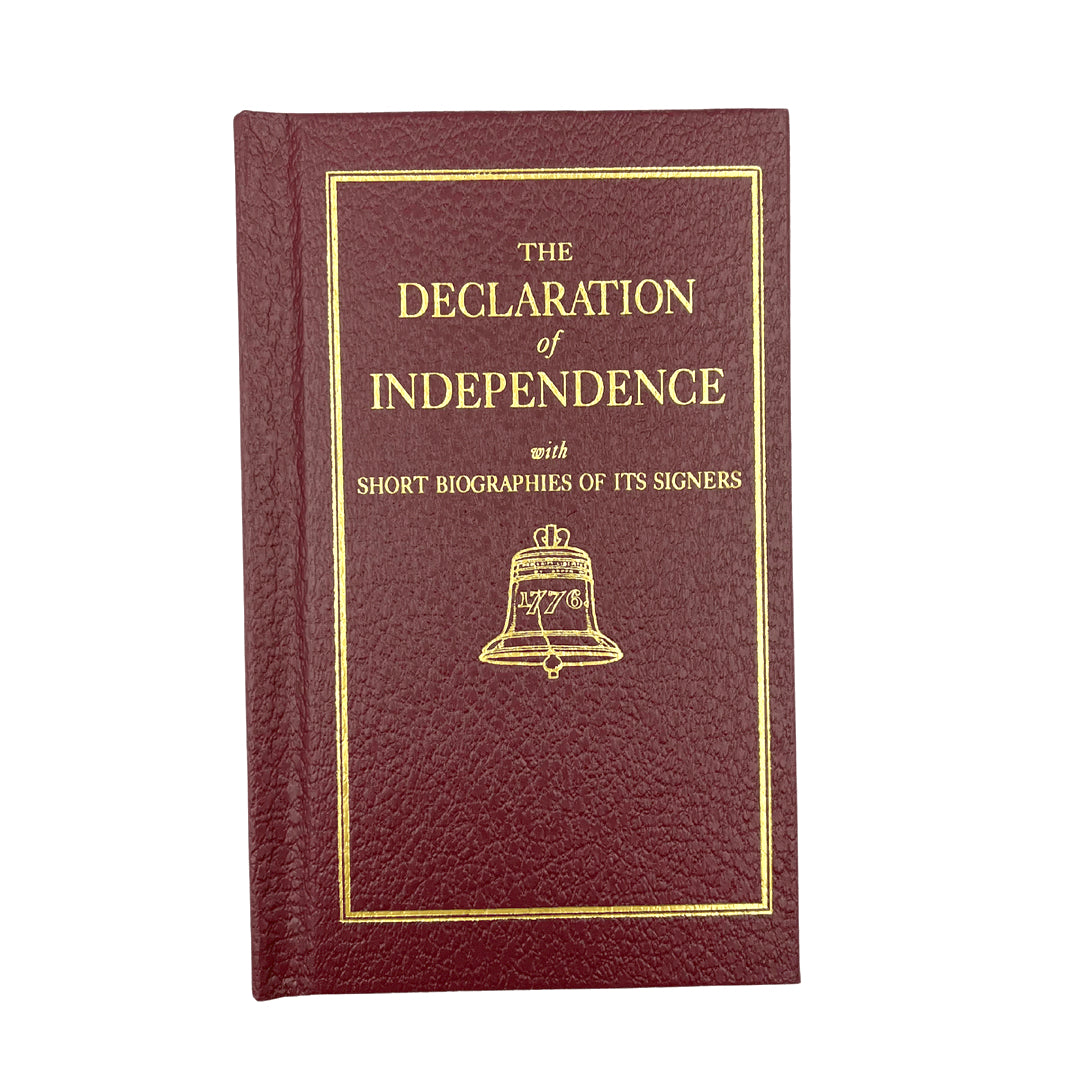Knute Rockne Autographed Letter Collage
$8,500.00
Presented is a typed letter signed by one of the greatest football coaches of all time, Knute Rockne. The letter is typed on Rockne’s personal letterhead, written while coaching the Fighting Irish in Notre Dame, Indiana. It is dated October 20, 1927 and addressed to Hugh O'Donnell, the Assistant Business Manager of the New York Times. The letter reads, in full: “Dear Hugh: Many thanks for the clippings —-- I enjoyed them very much. See you at the Army game.” It ends, “Yours cordially, K.K. Rockne” with Rockne’s signature in black ink.
Knute Rockne (1888-1931) was a Norwegian-American football player and famed coach of the Notre Dame football team. Rockne was born in Voors, Norway and emigrated with his family to Chicago as a child. He went to school at Notre Dame for chemistry, and from 1911 to 1914, he played left-end for the Fighting Irish’s football team. Rockne captained the Notre Dame team during his senior year, leading the team to its third undefeated season. In one of college football's most famous plays, he and his roommate, Gus Dorais, used an impressive forward pass in a game against Army that made football history.
Upon graduation, Rockne was offered a post at Notre Dame as a graduate assistant in chemistry. He accepted that position on the condition that he be allowed to help Jesse Harper coach the football team. When Harper retired after the 1917 season, Rockne was named his successor.
Thanks to Rockne’s coaching efforts, he established the school as a major player in college football. In his 13 years as the leader of Notre Dame, his teams went 105-12-5, making his .881 winning percentage one of the highest in history. Emphasizing quickness, deception and finesse, he had five undefeated teams and won three national championships. Rockne introduced the box formation and influence blocking, and made the game more exciting for spectators with a strategy that emphasized deception and speed. He instituted what came to be called the "Notre Dame shift," also known as the precision backfield move, and developed “platoon football.”
Throughout his coaching career, he worked with great athletes, like George "The Gipper" Gipp, as well as the famous “four horsemen,” Don Miller, Jim Crowley, Elmer Layden, and Harry Stuhldreher. After the "Four Horsemen" led a 13-7 upset win over an elite Army team, Grantland Rice put pen to paper and published some of the most famous journalism lines in college football history:
"Outlined against a blue-gray October sky, the Four Horsemen rode again. In dramatic lore their names are Death, Destruction, Pestilence, and Famine. But those are aliases. Their real names are: Stuhldreher, Crowley, Miller and Layden. They formed the crest of the South Bend cyclone before which another fighting Army team was swept over the precipice at the Polo Grounds this afternoon as 55,000 spectators peered down upon the bewildering panorama spread out upon the green plain below."
Rockne died unexpectedly in a plane crash in 1931. He was inducted into the National Football Foundation Hall of Fame in 1951, the first year of inductions, and is celebrated for revolutionizing the game of football.
CONDITION:
Fine condition. 1 page, T.L.S. on Rockne’s personal letterhead. Two horizontal fold lines, from being folded in an envelope. Remnants of pencil marks (erased) at top. Signature is in black ink and reads “K K Rockne” at the bottom right of the letter.
Letter is framed with two photographs, recently printed on archival paper, of Knute and The Four Horsemen. An engraved, custom plaque is mounted in the frame as well. All elements are housed in a custom, archival frame with acid-free navy matting, UV plexiglas, and a custom-built frame. Framed Dimensions: 29 1/2" H x 28" W x 3" D.
Share:
Related Items
Antiques
American-Made Goods
News & Updates
Sign up to get the latest on sales, new releases and more …
© 2024 The Great Republic. All Right Reserved.












